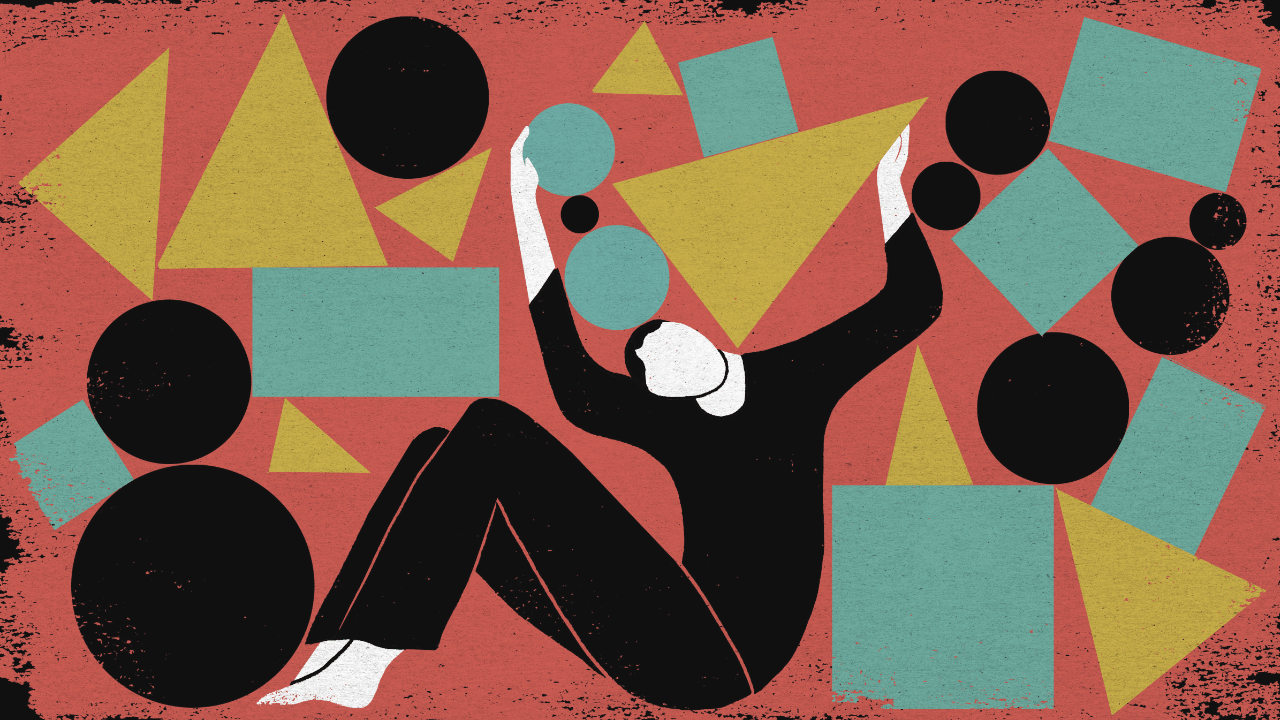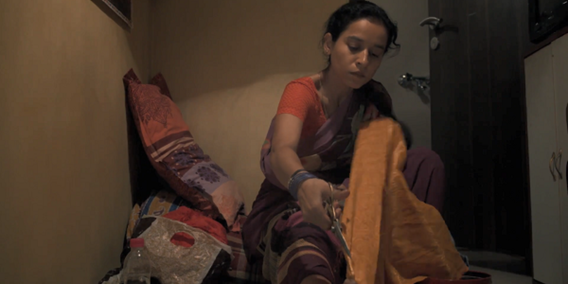Compassion fatigue, in very simple terms, is an extreme amount of distress that one experiences out of constantly caring for another. Also called vicarious trauma or a secondary trauma, compassion fatigue is what happens when a person experiences acute symptoms that put their physical and mental health at risk . This tends to make them worry about giving and caring. This is often noted in individuals who are in the caring profession such as doctors, nurses, social workers, mental health professionals and in individuals who are caregivers. It can even extend to those who experience a high level of empathy for those around them.
The signs of ‘compassion fatigue’ look like tiredness, exhaustion, disturbed sleep headaches, irregular bowel movement, upset stomach and numbness. In addition, one is likely to experience fluctuations in their appetite, a decreased sense of purpose, a feeling of disconnectedness, and difficulty maintaining personal relationships. What stands out the most in compassion fatigue is the difficulty one experiences in continued care for oneself.
Not being able care for oneself adequately might also lead to feeling burdened by the suffering of others, blaming others for their suffering, isolating oneself, lack of pleasure in life, difficulty concentrating, experiencing a sense of physical and mental tiredness, difficulty expressing one’s emotions, frequent nightmares, feelings of helplessness and hopelessness, use of drugs or intoxicants, and a denial of their own mental suffering.
While symptoms of burnout and compassion fatigue may appear similar, the key difference is that in the latter, one experiences a strain of caring for another person while in burnout a person feels drained from everyday stressors.
Compassion fatigue is not a new phenomenon; it has been commonly noted by individuals who work with victims of abuse, people who work with individuals who have faced any natural disaster, and caregivers of people with dementia and cancer.
However, the number of people reporting compassion fatigue has steadily increased due to the pandemic. Everyone is now caring for another with no end date in sight. People are now being repeatedly exposed to a stressor, COVID-19, in the form of caring for those who test positive, being inundated with information on COVID-19 and the basic reality of life not going back to the pre-COVID days.
Compassion fatigue is difficult. Especially for those who are in positions of caring for others and viewed as a responsibility. Very often, individuals who are experiencing compassion fatigue feel that they have no other choice but to continue caring for others, but the quality of care often decreases because of their own struggle to fill up their tank of care for themselves first.
To begin with, the process of dealing with compassion fatigue starts by preventing it.
To prevent compassion fatigue, one needs to do regular check-in’s with themselves to recognise how their energy levels have been faring mentally and physically. We often get caught up in life and its many demands, that we often forget to check in with ourselves. The mere act of daily introspection, spending some time with oneself, engaging in personal grounding activities and being aware of our physical experiences and emotional experience are all great indicators to gauge where we stand on the path to compassion fatigue. Just knowing how you are doing will be a good indicator of the steps you need to engage in to take care of yourself to avoid compassion fatigue.
Mindfulness is a proven technique that benefits in re-energizing oneself. Given the pandemic, mindfulness as an exercise can be engaged even through simple daily chores such as cleaning or cooking. The key is to be fully engaged in the moment, and disconnect from everything else around you. Journaling one’s emotional experience can also function as a super tool to experience catharsis. In addition, the basics of exercise helps as the chemical released while exercising provides clarity, is a stress buster and most importantly, releases endorphins which often gives one the energy to power through difficult situations.
Meet The Author
Priyanka believes emotional and mental health care are at the very core of us experiencing happiness in our life. Her qualifications include a Masters in Clinical Psychology and in Counselling and Psychotherapy. Priyanka enjoys working with young adults and understanding life as it changes with intrusions like the internet and the pandemic. Above everything else her true love is homemade chocolate cake.
Priyanka Varma, Psychologist








